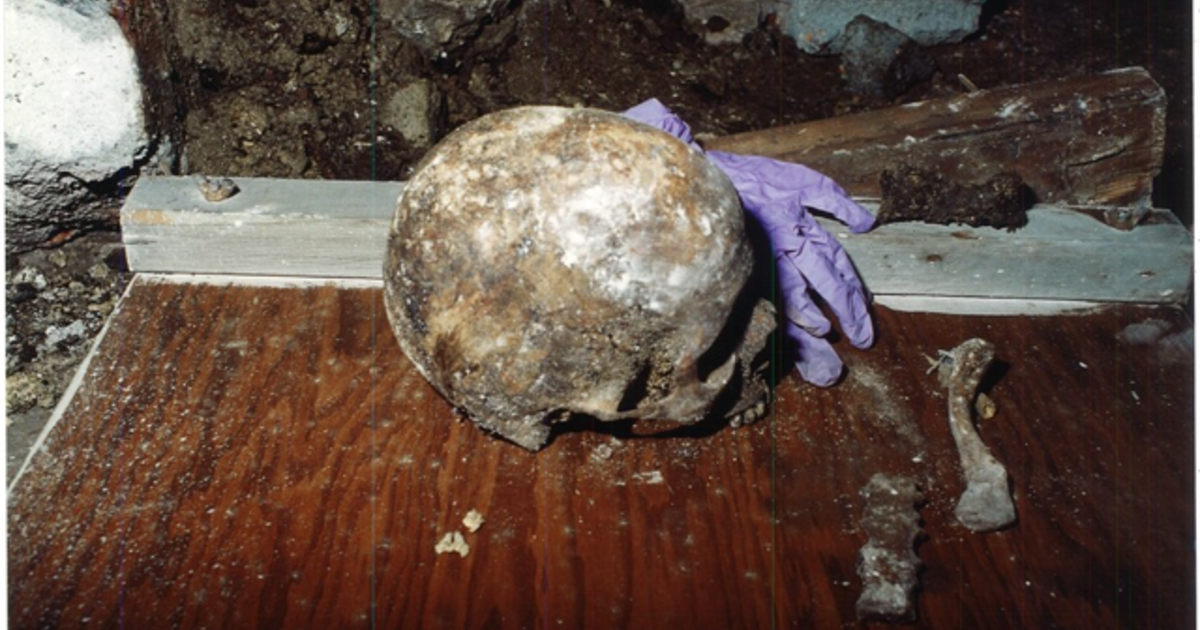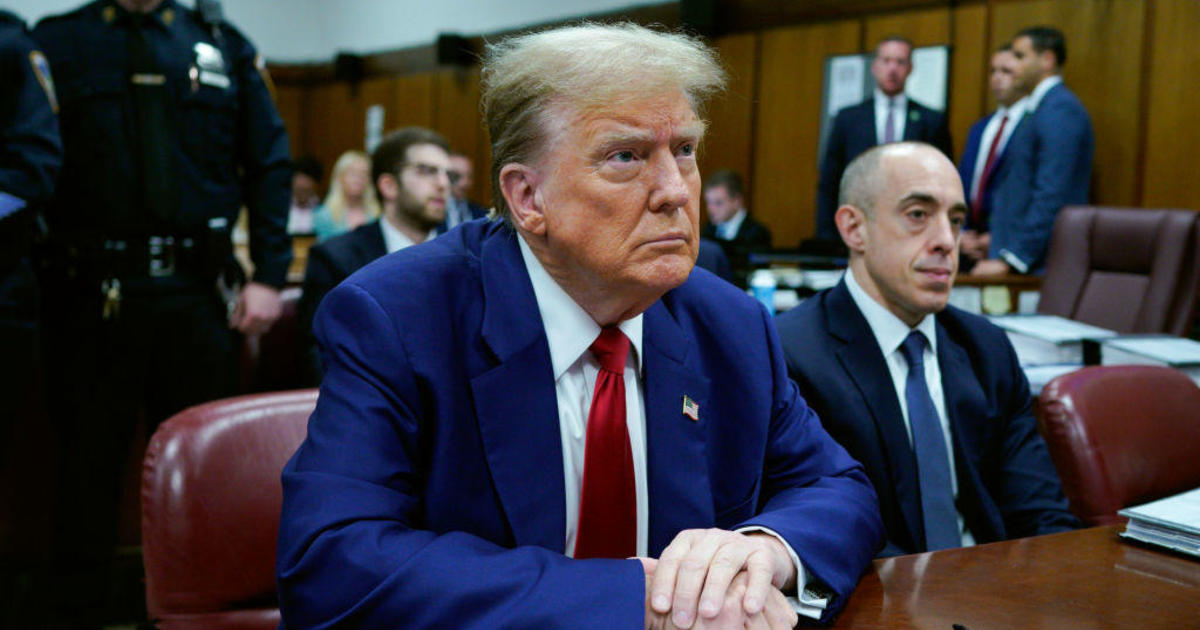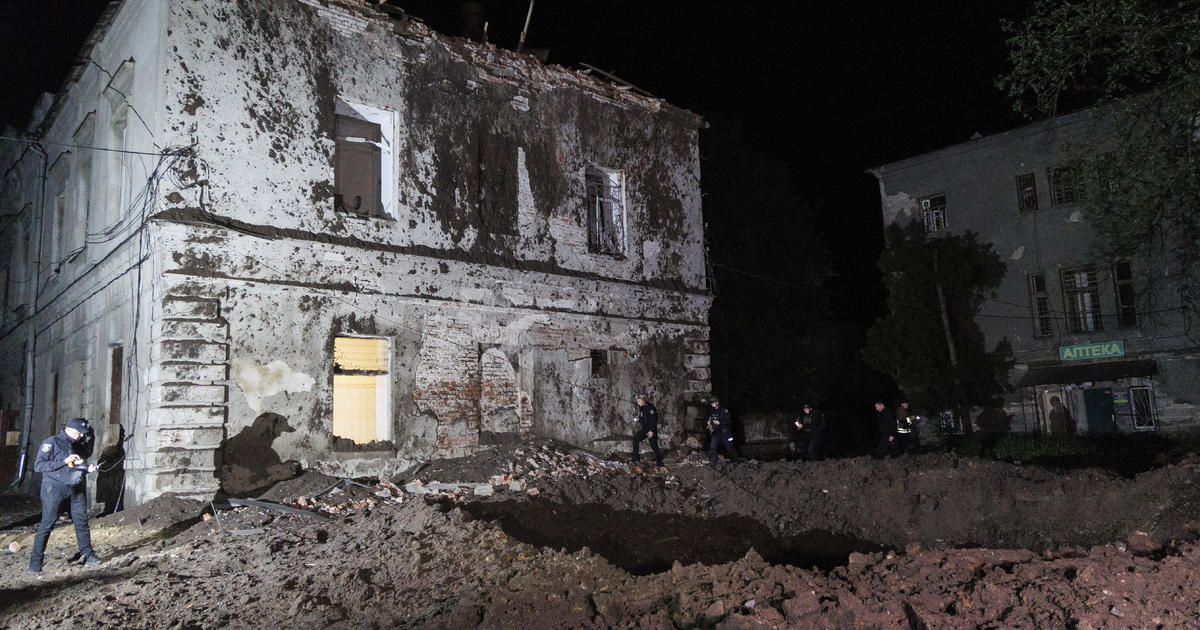9/11 first responders and survivors struggle amid coronavirus pandemic
Americans are commemorating the 19th anniversary of the 9/11 terrorist attacks on Friday, although memorial events that allow first responders and survivors to gather and mourn were scaled down because of the coronavirus pandemic.
Compounding the pain that comes with the anniversary, tens of thousands of first responders and survivors are particularly susceptible to contracting a more severe case of COVID-19 because of the cancers and respiratory diseases they have that stem from their time working at the sites of the attacks.
New Jersey Governor Phil Murphy last month urged people attending memorial services to wear masks and practice social distancing.
Meanwhile, the New York City Fire Department encouraged its members to consider skipping memorial services, given their particular risk of contracting the virus. After the 9/11 Memorial and Museum dropped the reading of victims' names because of COVID-19 concerns, The Tunnel to Towers Foundation announced it would do the reading. A crowd of mourners attended the memorial ceremony at the World Trade Center wearing masks and practicing social distancing. Democratic presidential nominee Joe Biden and Vice President Pence attended the observance.
The 9/11 Memorial and Museum also initially canceled this year's Tribute in Light, where two beams of light into the sky mark where the Twin Towers once stood, but reversed its decision after an outcry from victims' families and the public.
The inability to connect in person with others at memorial events could be difficult for first responders and survivors, many of whom already struggle with mental health issues as a result of their 9/11 experiences.
"Because of the pandemic, because events are being canceled, many of them just feel like the walls are closing in on them and they need to worry about their mental health," 9/11 first responder John Feal told CBS News in an interview.
Feal also expressed concern that the plight of 9/11 first responders affected by the virus and by their own preexisting health conditions could be overlooked by the public, since the 19th anniversary is not a milestone that attracts as much attention.
"If this was the 20-year anniversary, there would be more attention paid to this," Feal said.
"Mentally and physically, my life's been altered"
Earlier this year, when the coronavirus seemed more like a passing threat than a massive public health crisis that would affect millions of Americans, Feal still felt it was important to take the pandemic seriously.
He was a demolition supervisor at Ground Zero in New York City after the 9/11 attacks and developed gangrene after a steel beam fell on his foot, which later required partial amputation.
Feal has been a tireless advocate for other 9/11 survivors, and is the founder of the FealGood Foundation, which aims to assist first responders injured in the line of duty. He recorded a video earlier this year urging 9/11 first responders to take the pandemic seriously.
"In the first week of March, I was already wearing a mask before it was sexy," Feal told CBS News in an interview. Despite the precautions he took, Feal contracted the virus. What began as a stomach virus morphed into pneumonia, and he soon tested positive for COVID-19.
"Not only did my joints hurt, my skin hurt. And not only did my skin hurt, the hair on my body hurt," Feal said. "Everything hurt. My eyelashes hurt."
Feal said he was given the option by doctors to remain in the hospital for treatment, or to return home. He decided to return home, because he did not want to die in the hospital. He lost his sense of taste and of smell, which returned weeks later. He struggled to speak, and at times felt like he could not breathe.
"The scariest thing this whole was not being able to breathe, like somebody was holding my head underwater," Feal said.
Feal recovered, but much like his injury at Ground Zero 19 years ago, he feels like his life has been changed.
"I don't feel the same. Mentally and physically, my life's been altered," he said. "After having this illness, I don't feel I am 100% where I was."
Feal spoke about the fear that all first responders and survivors felt about contracting some form of 9/11-related cancer, and how that fear has been exacerbated by the pandemic.
"In the 9/11 community, everybody worries 24/7 of when they're going to get 9/11-related cancers," Feal said. "Everybody, including myself, we're all looking over our shoulder going, 'When are we getting cancer?' Now, they're looking over their shoulder going, 'My Lord, when am I going to get cancer or when am I going to get COVID or when am I going to get both?'"
"Why weren't we prepared?"
This is not the first time the 9/11 community has addressed an unsatisfactory federal response to its problems. First responders and survivors had to lobby Congress for years to compensate them for their injuries, with many dying of their 9/11-related illnesses in the midst of their advocacy.
The original September 11 Victim Compensation Fund (VCF) established by the Bush administration operated between 2001 and 2004, but only assisted victims whose injuries occurred within 96 hours of the attacks - excluding first responders like Feal, who was injured on September 17, 2001. Feal became one of the most prominent advocates for the 9/11 community. In 2011, President Obama signed the James Zadroga 9/11 Health and Compensation Act, which reactivated the VCF.
The act was reauthorized in 2015, allowing individuals to submit their claims to the VCF. However, it became apparent in 2019 that the VCF lacked the funding to cover all of the claims submitted. Feal, the comedian Jon Stewart and other first responders once again lobbied Congress for the renewal of the fund.
In July 2019, President Trump signed the VCF Permanent Authorization Act extending the VCF's claim filing deadline from December 18, 2020, to October 1, 2090, and appropriating enough funding to respond to all claims. As of July 31, over 55,000 people have submitted claims to the VCF.
The VCF doesn't just assist first responders, but also those who assisted in the aftermath clean-up, as well as anyone who lived, worked, or went to school in the area.
Michael Barasch's law firm represents 20,000 9/11 first responders and survivors who have become sick with 9/11-related illnesses. Barasch told CBS News that his law firm alone has lost over 100 clients to COVID-19 since the start of the pandemic.
"This is really a perfect storm," Barasch said, explaining how so many of his clients have undergone chemotherapy for cancer or have an underlying respiratory condition. "And if they do get it, quite often it's a death sentence."
Barasch said that many of his clients felt betrayed again by the government. After 9/11, he said, first responders were told by the then-director of the Environmental Protection Agency that the air was safe to breathe at Ground Zero. (The director, Christine Todd Whitman, later admitted that she was wrong and apologized for her comments.)
The federal government downplayed the seriousness of the coronavirus pandemic in the early days of the pandemic, which Barasch thinks made the crisis worse.
"Why weren't we prepared? Why doesn't our government level with us when things are really dangerous out there?" Barasch said.
Dr. Benjamin Luft, the director of the Long Island-based Stony Brook WTC Health and Wellness Program, which treats and monitors about 10,000 9/11 first responders, said that "there was a tremendous amount of anxiety and fear" among first responders earlier in the spring.
"They thought it was almost a replay of what happened on 9/11," Luft told CBS News in an interview, particularly given the initial lack of personal protective equipment in hospitals. "I think that they're more sensitive to not having appropriate protection because they've been burnt once with that whole thing, so they're very circumspect."
Luft said that his program was monitoring the rate of infection and severity of disease for first responders contracting the virus. He said that first responders who are still working have been more likely to become infected, but retired first responders have seen a lower rate of infection, because they are aware of their preexisting conditions and the care they need to take to avoid contracting the virus.
Although the rate of infection has gone down in New York, where most 9/11 first responders are based, Luft said that they should continue practice social distancing and wearing facial coverings.
"I think that they have to remain vigilant. I think that they have to continue to be smart and continue practicing wearing masks and social distancing, and they have to take care of themselves in terms of maintaining a healthy lifestyle," Luft said.
"We'll get through this"
Daniel Monte was a construction worker at the Pentagon when he witnessed American Airlines Flight 77 crash into the building on September 11, 2001. He worked on the Phoenix Project to rebuild the structure afterwards, and was diagnosed with 9/11-related illnesses of bladder cancer and post-traumatic stress disorder as a result.
Monte, who is now based in Panama City Beach, Florida, told CBS News that he has been "hibernating" for months because of the threat of contracting the virus.
"I wash my hands all the time, I wear a mask, and I don't touch my face. I keep my social distancing," Monte said. His recent operations for bladder cancer have also been covered by the VCF, which Monte praised as an incredible resource for 9/11 survivors.
He's frustrated about mixed messaging from government officials about how best to treat the virus, and regarding the safety of reopening businesses and schools.
"Nobody really knows how to treat this, so I'm staying home," he said. "I wish someone would come out with some kind of basic info that covers what we should be doing and what we shouldn't be doing."
The prolonged isolation is also taking a toll on his mental health.
"It's really tough," Monte said. "I suffer from PTSD, and the isolation doesn't help."
"It's been a long time since I really had any freedom. But whatever it takes for me to make others safe, that's what I'm going to do," Monte added. "We'll get through this."
For more information about the Victim Compensation Fund, visit vcf.gov.
The VCF may provide compensation for individuals with a 9/11-related illness who die when the death certificate lists COVID-19 as the cause of death, if the preexisting condition is listed as an underlying cause of death or significant conditions contributing to the death. The VCF reviews each individual claim on a case-by-case basis.




